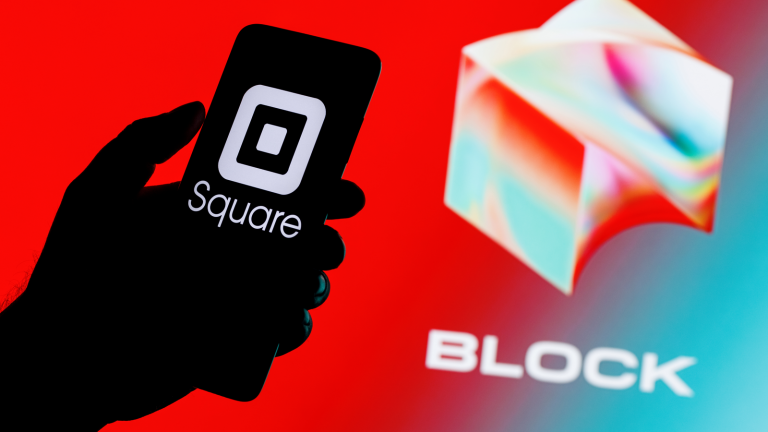It’s been a long way down for former market darling Block (NYSE:SQ). Block stock soared during the pandemic as merchants and consumers were forced to switch to digital payments because of lockdowns. In just 18 months shares soared nearly 600%, but it was short-lived. Investors saw the fintech stock lose almost 90% of its value from peak to trough just two years later.
A reopened economy, risky bets on cryptocurrency, the speculative acquisition of buy now, pay later outfit Afterpay, and a withering short-sellers report brought Block’s stock back down to Earth. As the stock gains momentum again, investors need to ask whether the ongoing risks outweigh the potential reward.
The Good
Block’s peer-to-peer Cash App is a financial marvel. It generated nearly $1 billion in gross profit in the third quarter, up 27% year over year and 52% of the fintech’s total. It has over 2 million active monthly users, or double the number since June.
The original Square ecosystem also continues expanding. It generated $900 million in gross profit for the period. This is one of the primary point-of-sale systems for thousands of small- and medium-sized businesses. Gross payment volume grew 12% to $55.7 billion on a currency-adjusted basis this quarter, though the rate of growth keeps decelerating.
The Bad
The fintech leader is still losing money. Operating losses of $10 million in the quarter were a marked improvement from the $48 million loss a year ago, but Block is having difficulty showing profits except on an adjusted basis.
For a company on the scale of Block, an inability to post net profits with any regularity is an issue. GAAP net losses were $33.8 million, far worse than the $18.7 million loss last year. Profit margins also deteriorated well below what they were pre-pandemic. Even gross margins of 34% are under the 39% three-year average of 2017 to 2019.
For all the revenue growth Block enjoys from Square and Cash App, it isn’t able to turn that into meaningful profitability.
The Ugly
Sometimes you have to wonder what management is thinking with the acquisitions it makes. Afterpay seems particularly egregious. The $29 billion all-cash purchase of the BPNL firm added significant risk to Block’s balance sheet without much offsetting reward.
It has $1.47 billion in non-delinquent loans, or 10% fewer than it had at the end of 2022. Even though Block had 9% fewer loans altogether, those that were delinquent between 61-90 days soared 21% while those 90-plus days delinquent jumped 5%.
Then there’s the $300 million acquisition of the music-streaming platform Tidal. It’s a head-scratcher what a payments and merchant sales platform needs with a music streaming service. This seems more like a vanity project for founder Jack Dorsey to rub elbows with rappers.
There is little relationship to Block’s core business and the value it delivers to users. It has a negligible share of the market and contributes virtually nothing to Block’s finances.
Last is Dorsey’s all-in move on Bitcoin. Even if you’re a fan of cryptocurrency, Block putting Bitcoin on its balance sheet was risky.
This quarter it realized $2.4 billion of “bitcoin revenue,” or the amount it sold to customers, generating a $45 million gross profit. However, the crypto’s price is volatile and could sink Block’s performance if it crashes again.
The Verdict
I’ve been fairly bullish on Block’s ability to rebound and earlier this month it began to pay off. From October’s low point, shares are up 40%. Yet with Dorsey back in charge of Block, I see its risk growing, not lessening. He proved a highly distracted, disconnected executive at Twitter and it’s not certain he will improve the fintech for the better.
Block has a lot of weight dragging along behind it, undermining what is the premiere payment and merchant service platforms available. The stock is richly valued. Although I still lean in favor of Block’s success, I would not bet the farm on future gains.
On the date of publication, Rich Duprey did not hold (either directly or indirectly) any positions in the securities mentioned in this article. The opinions expressed in this article are those of the writer, subject to the InvestorPlace.com Publishing Guidelines.

